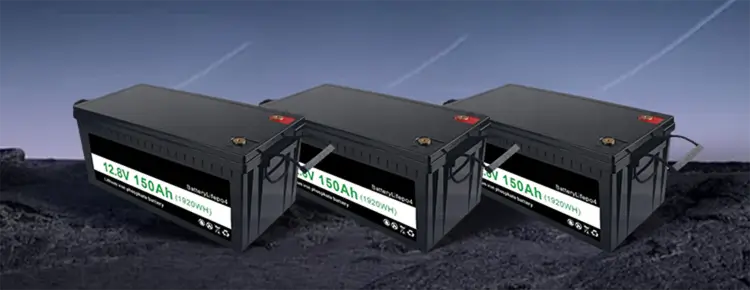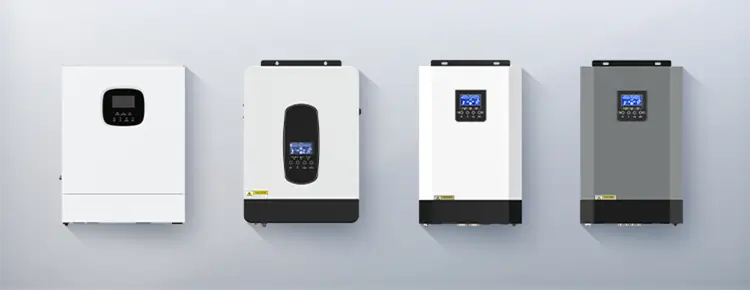



Blog
Hot Category
Latest Blog
08 Jan 2025
Baron

Portable generators convert fuel, such as gasoline or propane, into electrical energy using an internal combustion engine. They are known for their high power output, which makes them suitable for powering large appliances and tools. Additionally, their fuel versatility allows users to choose from various types of fuel, depending on availability and personal preference.
One of the significant advantages of portable generators is their long runtime, thanks to the abundance of fuel they can store. This makes them ideal for extended outages or situations where power is needed for an extended period. However, they also come with some drawbacks. Portable generators are noisy, which can be a disturbance, especially in quiet environments. They also produce emissions, which can be a concern for indoor use or environmentally sensitive areas. Moreover, they require regular maintenance to ensure they run efficiently and safely.
Portable power stations store energy in rechargeable batteries and can be charged via various means, including wall outlets, solar panels, or car chargers. They are designed to provide a clean and quiet source of power, making them suitable for indoor use and environmentally friendly applications.
One of the main advantages of portable power stations is their zero emissions, which means they do not contribute to air pollution. They are also relatively easy to use, with most models featuring user-friendly interfaces and plug-and-play functionality. However, they do have some limitations. Portable power stations typically have lower power output compared to generators, which means they may not be suitable for powering large appliances or tools. They also require recharge time, which can vary depending on the model and charging source. Additionally, battery lifespan is a consideration, as batteries may need to be replaced after a certain number of charge cycles.
When choosing between a portable generator and a portable power station, several key factors should be considered:
1. Power Needs: Assess the power requirements of the devices you need to power. Generators offer higher power output, making them suitable for large appliances and tools, while power stations are better for smaller devices and charging electronics.
2. Environment: Consider the environment in which you will be using the power source. Generators produce emissions and noise, which may not be suitable for quiet or indoor environments. Power stations, on the other hand, offer a clean and quiet alternative.
3. Runtime and Recharge: Evaluate your runtime and recharge needs. Generators offer long runtime with the availability of fuel, while power stations require recharge time. Consider how long you need the power source to last and how convenient it is to recharge.
4. Maintenance: Consider the maintenance requirements of each option. Generators require regular maintenance to ensure they run efficiently and safely, while power stations typically require less maintenance but may need battery replacements over time.
The choice between a portable generator and a portable power station depends on specific needs and circumstances. Portable generators are best suited for heavy-duty applications and extended power outages, thanks to their high power output and long runtime. They are also fuel versatile and can be used in various environments. However, they come with drawbacks such as noise, emissions, and maintenance requirements.
On the other hand, portable power stations offer a quiet, eco-friendly, and low-maintenance alternative. They are suitable for smaller devices, indoor use, and environmentally sensitive areas. While they have lower power output and require recharge time, they provide a convenient and clean source of power.
Ultimately, the decision to choose between a portable generator and a portable power station should be based on your specific power needs, environmental considerations, runtime and recharge requirements, and maintenance preferences. By evaluating these factors, you can make an informed decision and choose the power source that best meets your needs.